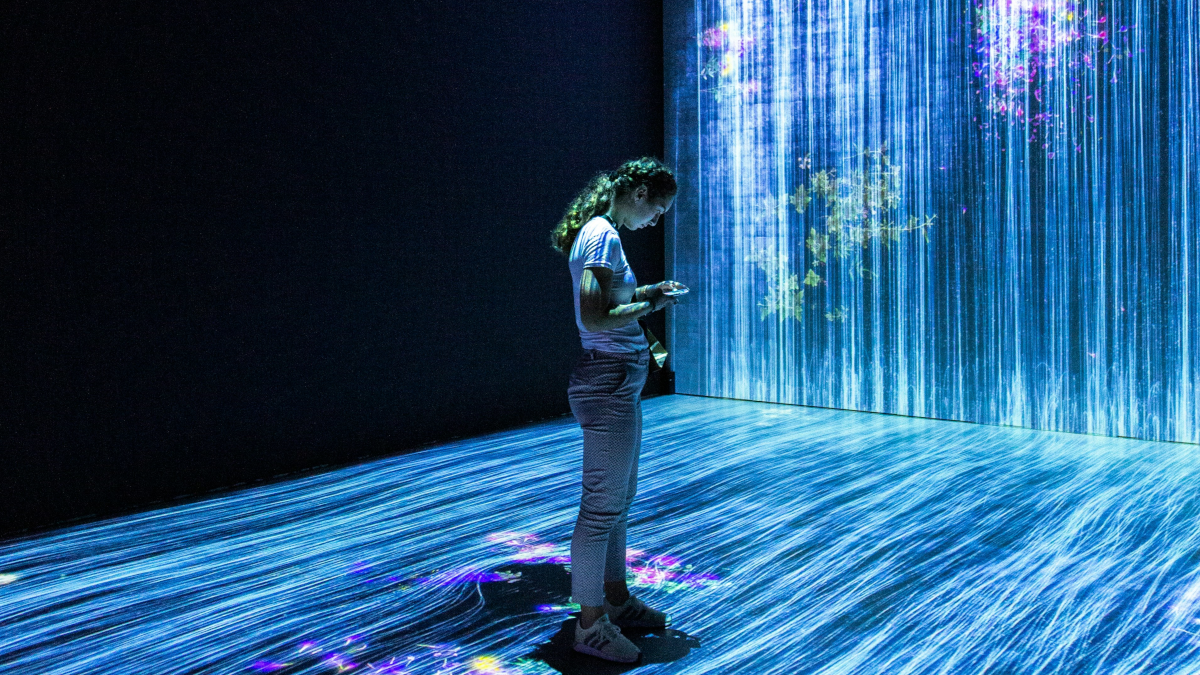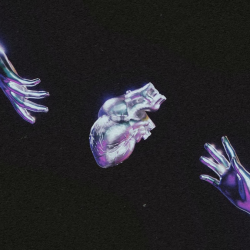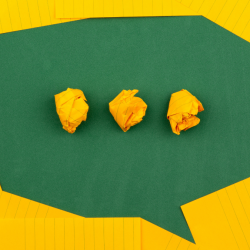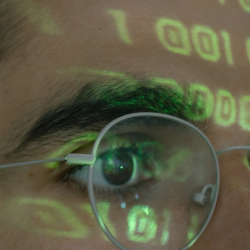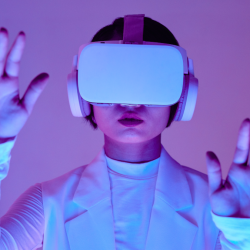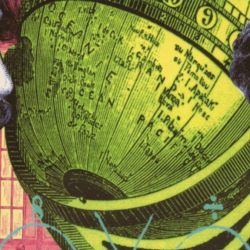Remember when the world stopped?
When the airplanes stopped flying, cars left the roads, birds returned to the trees? When pasta was in short supply, banana bread was abundant, and ‘social distancing’ was a thing? One particular moment of the pandemic really stuck with me. As I headed to the shops on a mission for supplies I saw a terrifying sight coming towards me. Another human. Quick as a flash, I took the only acceptable course of action available to me. I crossed the road. Disaster averted.
After the event — you might have read about it on the news?? — I remember thinking how very un-human it was to avoid other humans. Even as a Londoner forged in the spirit of ‘never look another person in the eye’, it felt so strange to actively avoid another pandemic-stricken member of the human race. Those human moments we took for granted — connection, family, physical contact, security, freedom — were brought screeching into focus during that very strange couple of years of uncertainty and forced separation as our species wrestled with that until-then rarely used description of our situation: unprecedented.
The bounce back saw us reach for things that made us feel human again
We got back to the dancefloor, booked holidays, spent time with our friends and family, and regained the steady ground which we had been used to. With the rise of AI we’re faced with similarly unprecedented and unpredictable conditions, as we wrestle with the implications of a technological revolution not seen since the internet. But far from AI being the end of humanity as many have expressed, this could be the next moment for us to become hyper aware of the things that, as humans, we cherish and desire. With every rabid conversation around ‘how the robots will take over’ comes the opportunity to think deeply about what we choose to give up, and how.
Rarely do moments appear that make us wrestle with true existential concerns — and no doubt this technology is one of those moments — promising to disrupt everything from creativity to coding, and it’s a true blessing. A moment where we’re faced with making choices on the relationship we have with the technology, and the scale to which it pervades our lives. A moment where we reassert our humanity. More handover than takeover. As the world of GPT moves into ‘appification’ mode we’re already seeing this play out. Humans defining the spaces where we can shape the machines how we need them, rather than the other way around.
Snoop Dogg reading your email for you? Got it…
Looking for a dream to be interpreted? Here you go…
A desire to create music? Voila…
Creative. Spiritual. Amusing. Very human-shaped applications of the technology. Superficial examples perhaps, but examples of how our human characteristics are already making an imprint onto new technology, nonetheless, shaping the new tool into something we can understand at a species level.
So, earthlings, do not despair.
This is the moment where humans rise up.
Featured image: Mahdis Mousavi / Pexels

















